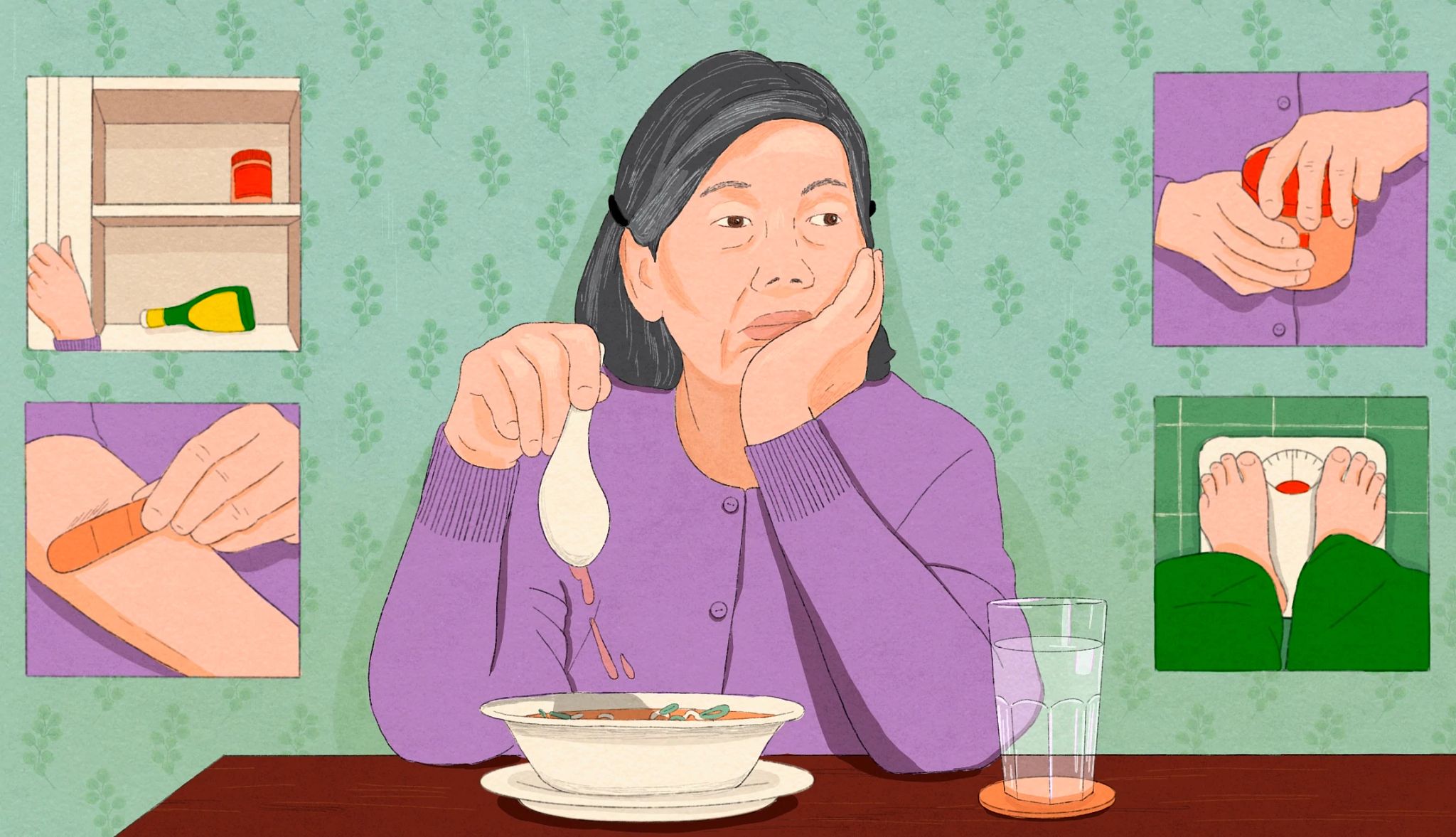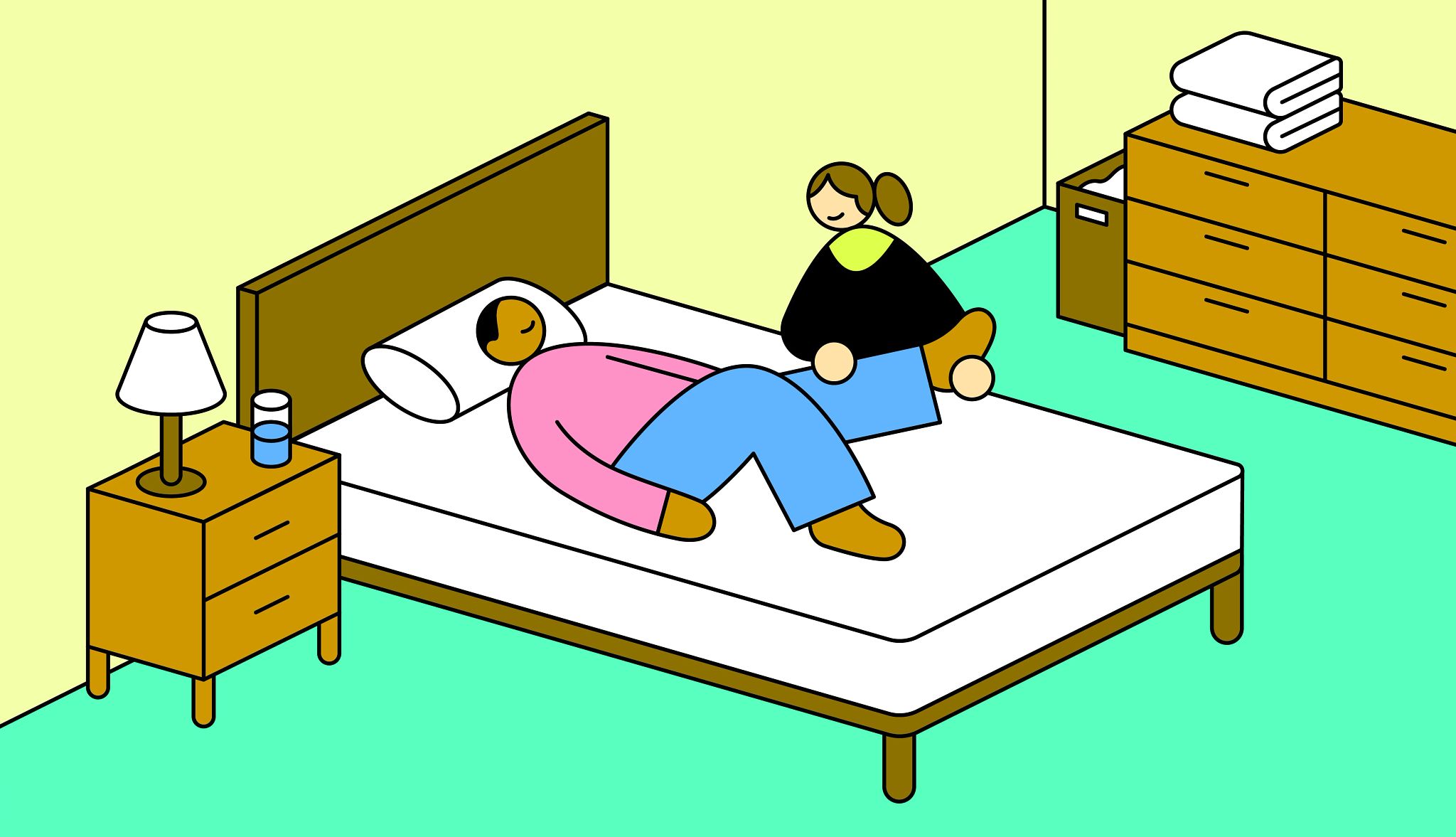AARP Hearing Center


Not taking prescriptions properly can affect your loved one’s quality of life.
The problem often happens when a disease or several diseases — such as diabetes, high blood pressure and high cholesterol — are chronic. Researchers have estimated up to half of those with long-term conditions stop, reduce or irregularly take their medications.


AARP Membership— $12 for your first year when you sign up for Automatic Renewal
Get instant access to members-only products and hundreds of discounts, a free second membership, and a subscription to AARP the Magazine.
“Depending on the medication, not taking it as prescribed can be dangerous and even life threatening,” says Nancy Avitabile, a social worker and geriatric care manager in New York. According to the Centers for Disease Control and Prevention, nearly half a million people over 65 visit emergency rooms every year due to adverse effects from medication, and they are seven times as likely to need hospitalization from these events as a younger person. “That’s why it’s important to … recognize when your loved one isn’t taking medicines as prescribed [and learn] what you can do about it,” Avitabile says.
1. Recognize the signs of missed doses
If you’re worried your loved one isn’t taking their medication, look for indications of problems, such as prescriptions overdue for a refill with a large number of pills remaining, or complaints about symptoms that the medicine should have alleviated, says Kemi Reeves, a nurse practitioner at UCLA Health in Los Angeles. Ask the pharmacy how often refills are being requested.
“Just because someone isn’t taking medications doesn’t mean they don’t want to,” says Reeves, whose specialty is geriatrics and dementia. They may be concerned about the expense, in denial about their illness, have memory lapses, be struggling with depression or face unpleasant side effects such as dizziness, lingering bad taste, bloating or upset stomach.
2. Converse with your loved one
Strive for undivided attention. Start by finding a quiet place to talk, turning off radios and TVs, and keeping other distractions at bay. You may be upset, but keep your body language relaxed.
Some Medicare recipients qualify for free drug management assistance
Participants in Medicare drug plans who take as few as two prescriptions, have multiple chronic conditions and expect prescription costs to exceed $4,935 in 2023 and $5,330 in 2024 may be eligible for medication therapy management services through their Part D or Medicare Advantage plans.
The program includes a yearly comprehensive medication review with a pharmacist, a written summary, and quarterly targeted medication reviews to address problems or potential problems. Qualifications differ depending on the prescription drug plan provider, so learn more from your loved one’s insurer.
Pay attention. “To understand why the medication isn’t being taken properly, listen actively and respectfully,” says Mari Umpierre, a psychotherapist and a director of employee wellness programs at Mount Sinai Health System in New York.
Acknowledge your loved one’s point of view, she says. But point out that a pharmacist’s instructions must be followed for a medicine to be effective.
Look for solutions together. Offer to work on reminders for pills and remedies to combat side effects. If you get pushback, return to the discussion later.
“Avoid a power struggle and distract them by doing something else, like taking a walk,” Umpierre says. “Then come back and use a different strategy.”











































































More From AARP
Caring for Someone Who Won’t Care for Themself
Tips to avoid resentment when a loved one’s health problems are exacerbatedCare Tips to Keep Dementia Patients Safe at Home
Follow these tips to ensure the safety of your loved ones with dementia and Alzheimer’sFind the Right Home Health Aide for Your Loved One
What to look for and how to hire someone to care for family at home